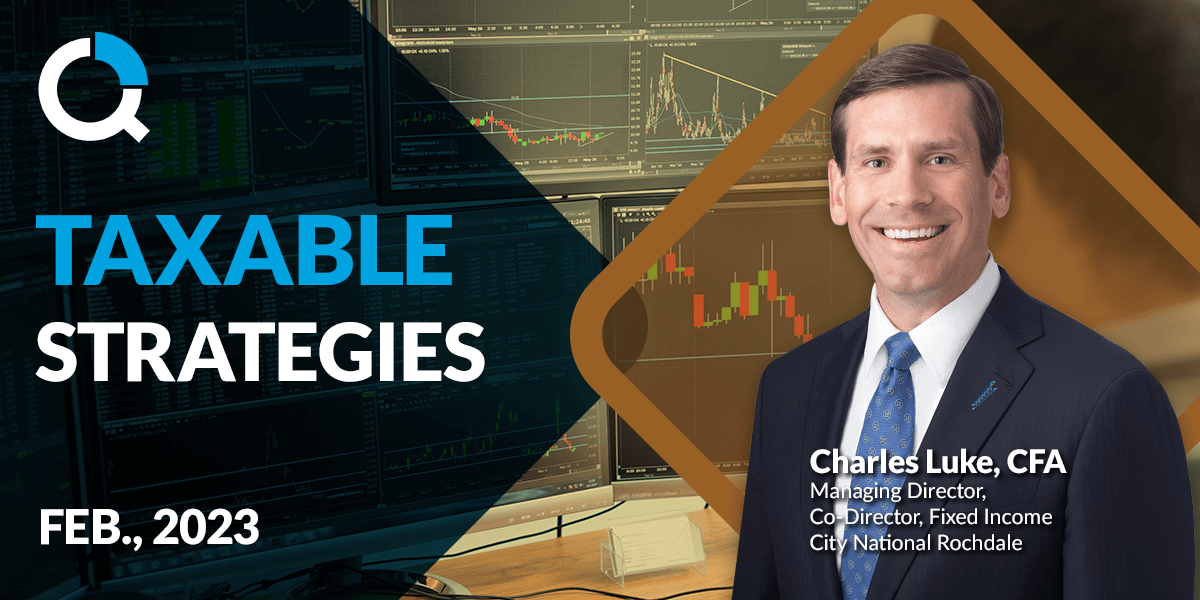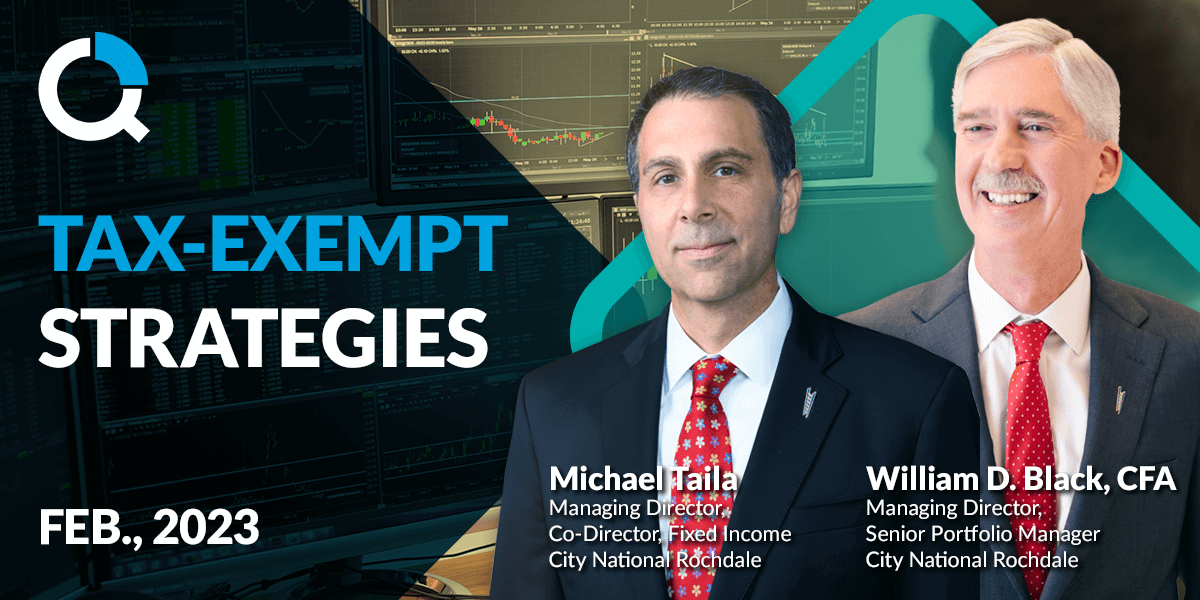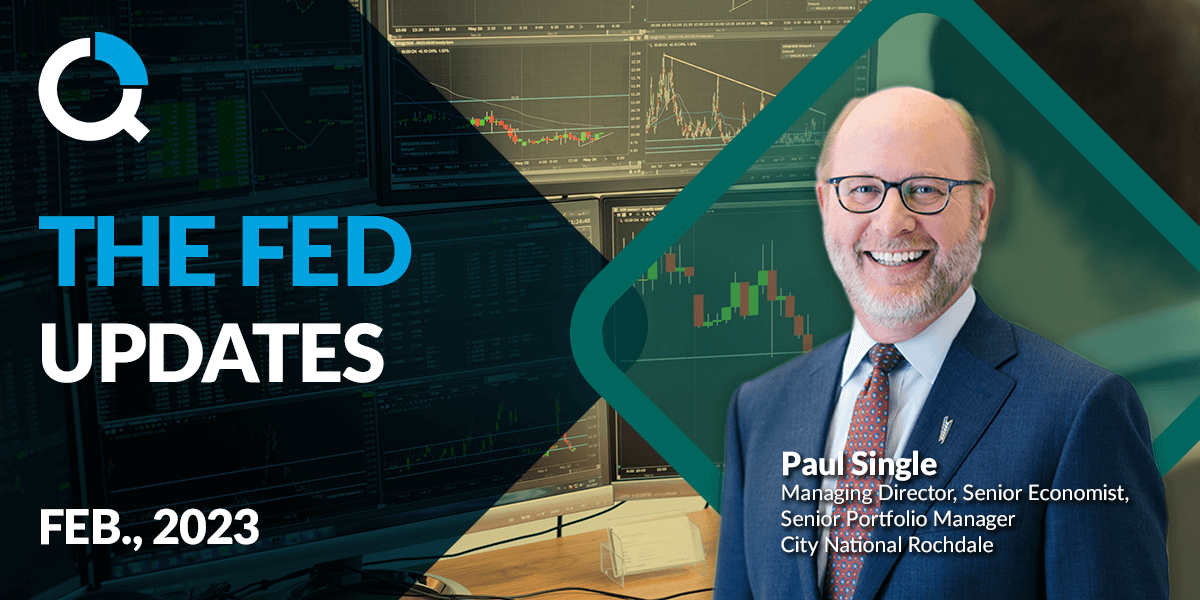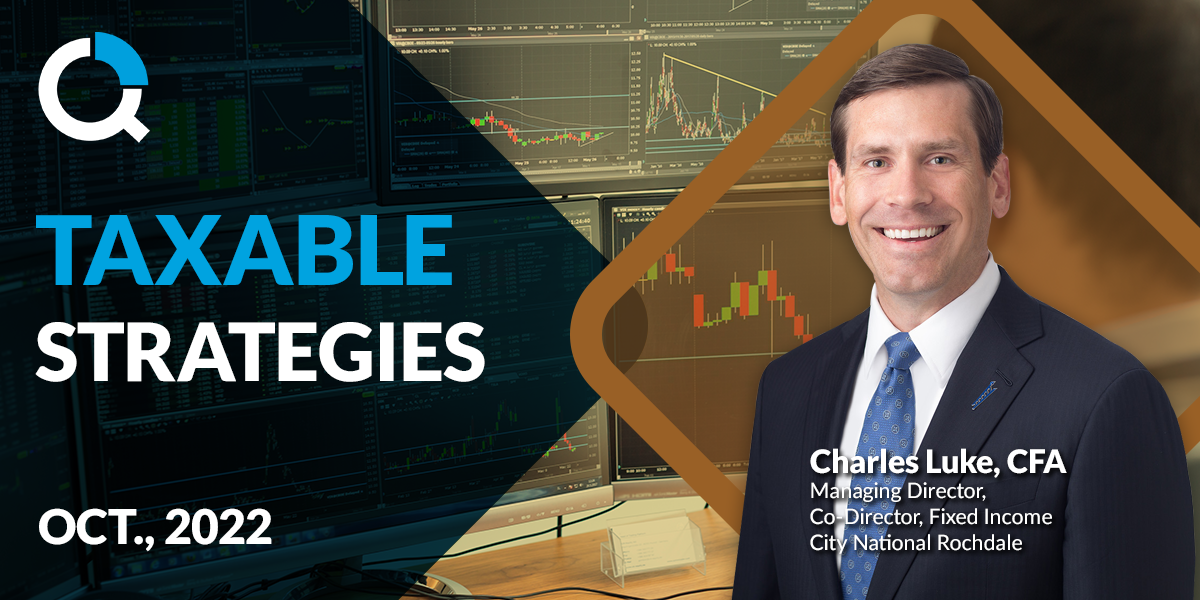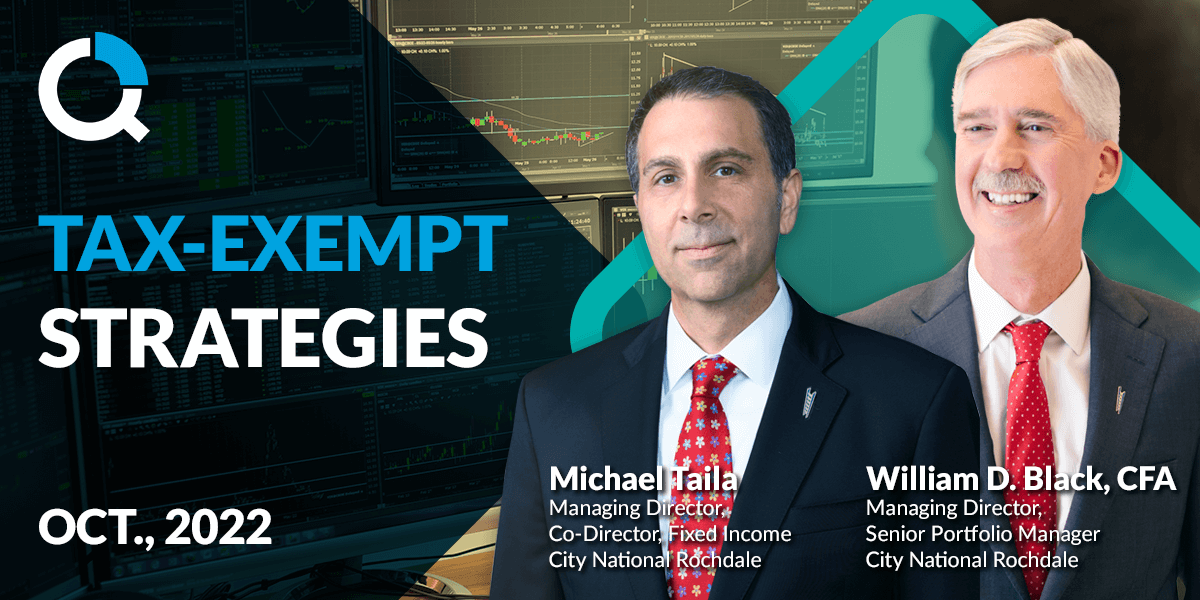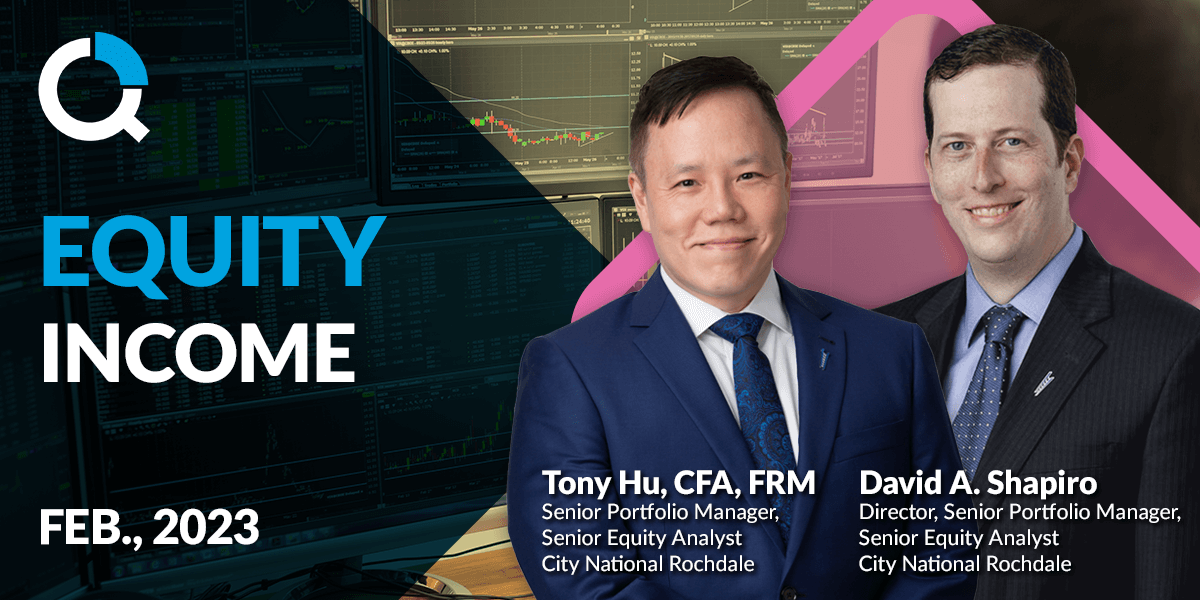
Managing Risks While Staying Focused on Quality Companies
Key Points
• High-quality stocks have historically outperformed the broad market over the long term
• Quality companies are becoming increasingly attractive
• Blue chip companies are better able to withstand economic weakness
For many months, our advice for investors has been to keep your seat belts fastened. After declining another -16% in the second quarter, the S&P 500 is off to one of its worst starts in history and is now down -20% year to date. Other indices have experienced even greater declines.
With the Russell 2000 down -24% and the NASDAQ down 30%, there have been very few places in equities to hide. Even quality stocks are down -23%, a level that approximates the returns for Core Equity stocks so far this year. However, the underperformance in quality stocks is coming after many years of strong returns and does not change the appeal of these stocks.
As chart 1 shows, quality stocks have solidly outperformed the S&P 500 over the long term, although not every year. In some years, or over shorter periods of time, quality stocks can lag the broader market by a fair amount, as they have so far in 2022. Still, while not calling a near-term bottom, we believe these stocks are becoming increasingly attractive. Blue chip companies, with strong management teams and durable franchises, can grow nicely if economic growth continues, and will come out in better shape on the other side should a recession occur. A nice blend of offense and defense, if you will.
Over the last decade, our primary and preferred approach has been to invest in quality companies for the long term. It’s the best way to be tax efficient and create long-term wealth. This strategy has served us well and we are sticking with our focus here.
So, what is a quality company? We have a proprietary approach, evaluating revenue and earnings stability, balance sheet and cash flow strength and return on equity. On a weighted average basis, we estimate that our Core Equity Strategy has a 10-15% higher quality rank than the S&P 500. We are also continuing to avoid highly speculative tech stocks and crypto-related investments. Other conscious and proactive steps we are taking this year have included reducing exposure to certain stocks with above-average exposure to Europe and, most recently, stocks in cyclical industries that have greater downside earnings potential should recession risks increase.
Important Disclosures
Any opinions, projections, forecasts and forward-looking statements presented herein are valid as of the date of this document and are subject to change.
The information presented does not involve the rendering of personalized investment, financial, legal or tax advice. This presentation is not an offer to buy or sell, or a solicitation of any offer to buy or sell any of the securities mentioned herein.
Certain statements contained herein may constitute projections, forecasts and other forward-looking statements, which do not reflect actual results and are based primarily upon a hypothetical set of assumptions applied to certain historical financial information. Certain information has been provided by third-party sources and, although believed to be reliable, it has not been independently verified and its accuracy or completeness cannot be guaranteed.
Concentrating assets in a particular industry, sector of the economy, or markets may increase volatility because the investment will be more susceptible to the impact of market, economic, regulatory, and other factors affecting that industry or sector compared with a more broadly diversified asset allocation.
Private investments often engage in leveraging and other speculative investment practices that may increase the risk of investment loss, can be highly illiquid, are not required to provide periodic pricing or valuation information to investors, and may involve complex tax structures and delays in distributing important tax information.
Alternative investments are speculative, entail substantial risks, offer limited or no liquidity, and are not suitable for all investors. These investments have limited transparency to the funds’ investments and may involve leverage which magnifies both losses and gains, including the risk of loss of the entire investment. Alternative investments have varying and lengthy lockup provisions. Please see the Offering Memorandum for more complete information regarding the Fund’s investment objectives, risks, fees and other expenses.
Investments in below-investment-grade debt securities, which are usually called “high-yield” or “junk bonds,” are typically in weaker financial health and such securities can be harder to value and sell, and their prices can be more volatile than more highly rated securities. While these securities generally have higher rates of interest, they also involve greater risk of default than do securities of a higher-quality rating.
There are inherent risks with equity investing. These risks include, but are not limited to, stock market, manager or investment style. Stock markets tend to move in cycles, with periods of rising prices and periods of falling prices. Investing in international markets carries risks such as currency fluctuation, regulatory risks, and economic and political instability. Emerging markets involve heightened risks related to the same factors, as well as increased volatility, lower trading volume and less liquidity. Emerging markets can have greater custodial and operational risks and less developed legal and accounting systems than developed markets.
There are inherent risks with fixed-income investing. These risks may include interest rate, call, credit, market, inflation, government policy, liquidity or junk bond. When interest rates rise, bond prices fall. This risk is heightened with investments in longer-duration fixed-income securities and during periods when prevailing interest rates are low or negative. The yields and market values of municipal securities may be more affected by changes in tax rates and policies than similar income-bearing taxable securities. Certain investors’ incomes may be subject to the Federal Alternative Minimum Tax (AMT), and taxable gains are also possible. Investments in below-investment-grade debt securities, which are usually called “high yield” or “junk bonds,” are typically in weaker financial health and such securities can be harder to value and sell, and their prices can be more volatile than more highly rated securities. While these securities generally have higher rates of interest, they also involve greater risk of default than do securities of a higher-quality rating.
All investing is subject to risk, including the possible loss of the money you invest. As with any investment strategy, there is no guarantee that investment objectives will be met, and investors may lose money. Diversification does not ensure a profit or protect against a loss in a declining market. Past performance is no guarantee of future performance.
Indices are unmanaged, and one cannot invest directly in an index. Index returns do not reflect a deduction for fees or expenses.
Alternative investments are speculative, entail substantial risks, offer limited or no liquidity and are not suitable for all investors. These investments have limited transparency to the funds’ investments and may involve leverage which magnifies both losses and gains, including the risk of loss of the entire investment. Alternative investments have varying and lengthy lockup provisions.
This material is available to advisory and sub-advised clients, as well as financial professionals working with City National Rochdale, a registered investment advisor and a wholly-owned subsidiary of City National Bank. City National Bank provides investment management services through its sub-advisory relationship with City National Rochdale.
Non-deposit investment Products are: • not FDIC insured • not Bank guaranteed • may lose value
Stay Informed.
Get our Insights delivered straight to your inbox.
More from the Quarterly Update
Put our insights to work for you.
If you have a client with more than $1 million in investable assets and want to find out about the benefits of our intelligently personalized portfolio management, speak with an investment consultant near you today.
If you’re a high-net-worth client who's interested in adding an experienced investment manager to your financial team, learn more about working with us here.
